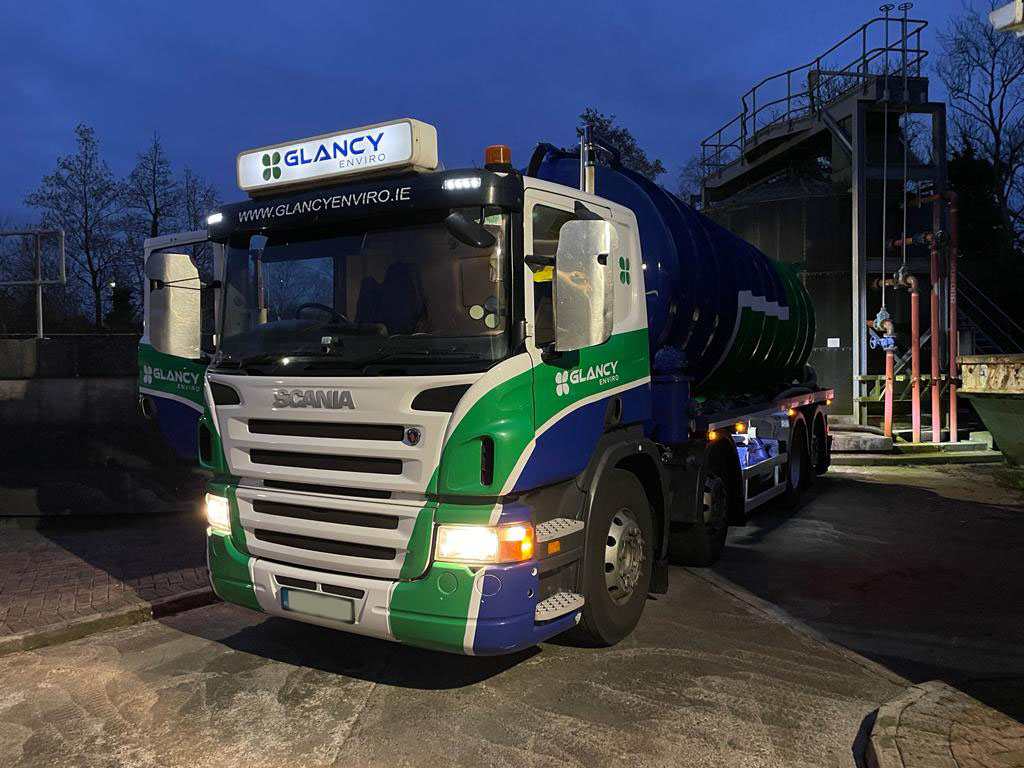Rumored Buzz on Reclaim Waste
Table of ContentsOur Reclaim Waste PDFsRumored Buzz on Reclaim WasteThe 7-Second Trick For Reclaim WasteNot known Incorrect Statements About Reclaim Waste Reclaim Waste Things To Know Before You Buy
Discover the kinds, incidents, and forms of fluid waste. Residential sewage waste describes the waste and items from a domestic sewage-disposal tank. This kind of waste is developed by people in houses, schools, and other structures. This only includes septic systems that have a drain area. The correct monitoring and disposal of domestic sewage waste call for fluid waste to be transferred to a sewer treatment plant where the proper techniques and equipment are put on cleanse and get rid of waste.
Commercial waste usually includes potential risks, such as combustible products or a mix of fluid and strong waste products, and needs a more innovative and comprehensive disposal procedure. The disposal of commercial waste commonly involves the filtering of waste prior to transport to ensure risk-free and correct disposal. Industrial waste is created from by-products and overflow of commercial procedures and production.
This type of waste can not utilize the exact same sewage administration transport or procedures as septic or business fluids. The commercial waste monitoring process needs the assessment and screening of fluid waste before it undergoes the disposal procedure (liquid waste removal melbourne). Overflow waste is the fluid waste that comes from overflow and excess stormwater in very populated areas or cities
Overflow waste can trigger contamination and flooding otherwise taken care of effectively. Find out more regarding sewer cleaning and waste management. Making sure correct waste administration can stop catastrophes and minimize environmental harm. Both individuals in domestic settings and professionals in commercial or manufacturing sectors can gain from comprehending the processes and regulations of fluid waste administration.
The Single Strategy To Use For Reclaim Waste
Contact PROS Services today to learn more about our waste management and disposal solutions and the proper ways to care for the fluid waste you create.
(https://www.pubpub.org/user/leon-aube)This supposed 'wastewater' is not just a vital resource but, after treatment, will certainly be released to our land, rivers or the sea. Utilized water from toilets, showers, baths, cooking area sinks, laundries and commercial processes is understood as wastewater.

water sites made use of to cool machinery or clean plant and devices). Stormwater, a kind of wastewater, is drainage that moves from farming and urban areas such as roof coverings, parks, gardens, roadways, courses and gutters right into stormwater drains pipes, after rainfall. Stormwater streams unattended straight to neighborhood creeks or rivers, ultimately getting to the ocean.
Not known Details About Reclaim Waste
In Queensland, the majority of wastewater is treated at sewage therapy plants. Wastewater is transported from domestic or commercial sites through a system of sewage systems and pump stations, recognized as sewerage reticulation, to a sewer treatment plant.
The Division of Natural Resources suggests neighborhood federal governments about handling, operating and maintaining sewage systems and therapy plants. In unsewered locations, city governments might require owners to mount individual or house sewer therapy systems to deal with residential wastewater from bathrooms, cooking areas, shower rooms and washings. The Department of Natural Resources authorises the use of family systems when they are confirmed to be effective.
The majority of stormwater gets no therapy. In some brand-new class, therapy of some stormwater to get rid of litter, sand and gravel has actually begun using gross pollutant catches. Wastewater therapy occurs in 4 phases: Gets rid of strong issue. Bigger solids, such as plastics and various other things mistakenly discharged to sewage systems, are gotten rid of when wastewater is passed through screens.
Wastewater after that flows right into huge tanks where solids clear up and are gotten rid of as sludge. Oil and scum are skimmed from the surface area. Utilizes tiny living microorganisms called micro-organisms to damage down and get rid of remaining dissolved wastes and fine bits. Micro-organisms and wastes are included in the sludge. Removes nitrogen and phosphorus nutrients that might trigger algal blossoms in our waterways and threaten marine life.
Some Known Questions About Reclaim Waste.
Nutrient removal is not offered at all sewage therapy plants because it needs costly specialised equipment. Clear fluid effluent generated after therapy might still have disease-causing micro-organisms - liquid waste disposal melbourne.

This generally implies wastewater needs to be treated or pollutants removed before it can be released to waterways. A lot of wastewater streams right into the sewage system. Under the Act, city governments provide authorizations and licences for eco relevant tasks (Ages) entailing wastewater releases that could have a local impact. The division administers authorizations and permits to Ages involving wastewater launches that might have a regional or statewide impact.
Things about Reclaim Waste
Monitoring supplies valid details about water quality and can verify that permit problems are being met. The information acquired through surveillance offers the basis for making water high quality decisions.